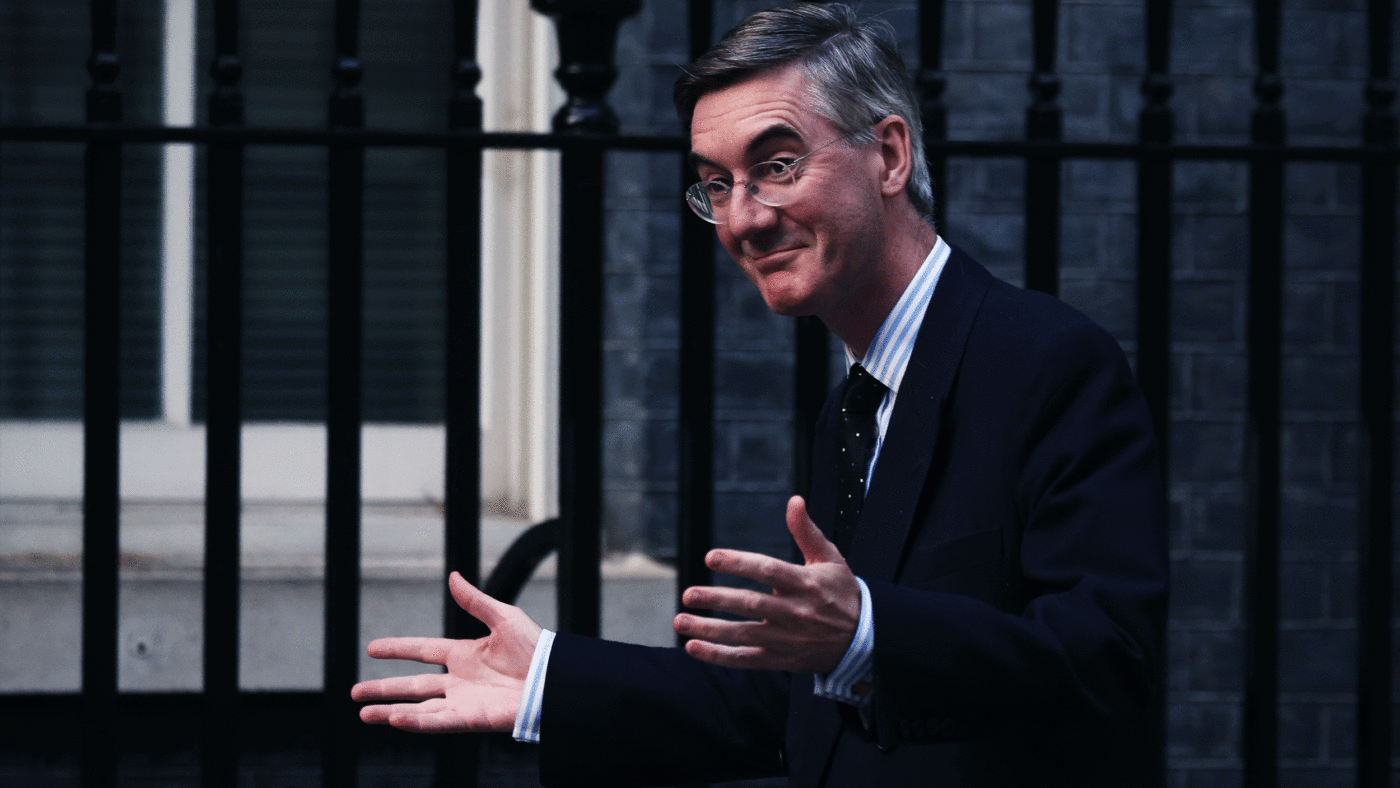Jacob Rees-Mogg knows better than to genuinely believe that there is any constitutional requirement for a general election if Boris Johnson is forced to resign – as he claimed on last night’s Newsnight. That he thinks pretending so is the best way to defend the Prime Minister’s position says nothing good about the state of the Government.
We should start by noting that, as a constitutionalist, Rees-Mogg will know that the Government has not yet finished repealing the Fixed-term Parliaments Act. It will be a good day for our democracy when they do, but until then political dissolutions are explicitly not the default.
Beyond that, there is some truth to his claim that the United Kingdom has moved towards a ‘semi-presidential’ system, in the unofficial, gradual, and organic manner in which our uncodified constitution tends to develop.
Over the past few decades, the Cabinet Office has grown into a powerful department answering directly to the Prime Minister, changing the balance of power within government.
At the same time, the actual Cabinet’s role as a genuine deliberative and decision-making body has declined. A clear symptom of this has been the gradual bloat in its size, as successive prime ministers have deemed a seat at the famous table an increasingly harmless bit of PR and patronage as real power moved elsewhere.
That is as far as it goes, however. For all that there has been a gradual concentration of authority in the post of Prime Minister, Parliament absolutely does not run along presidential lines. The individual leader is put in place by the House of Commons, and can be removed by MPs. They have no separate mandate.
Are there circumstances where this constitutional reality could come into conflict with how British democracy is generally understood today? Probably. The attempt by Oliver Letwin’s ‘wildcat executive’ to try and hijack the Government’s agenda in the last Parliament, rather than honourably replacing it and answering to the voters, is probably as close as we have come.
One might also argue that the theoretical scenario wherein a hung parliament sacked one ministry and replaced it with another, drawn from a quite different combination of parties, might be constitutionally proper (and it would be) but would nonetheless be tricky to explain to a public which has got used to broadly getting the governments they vote for.
Both of these, you will note, are quite extreme situations. The simple replacement of one Prime Minister with another is not. The Conservatives would still enjoy a parliamentary majority of MPs elected on their 2019 manifesto. Their collective mandate, in the event of Johnson’s defenestration, would be unchanged.
Nor does recent history offer reason to believe otherwise. Did Theresa May go to the polls upon succeeding David Cameron in 2016? No, she went in 2017 in pursuit of the majority she thought she needed to deliver her Brexit deal.
Likewise, did Johnson himself call an election in the summer of 2019? Again, no. He waited until December, and then only went to the country for exactly the same reason his predecessor had.
So this idea that Rishi Sunak, Liz Truss, or whomever else might succeed him would need to call an immediate election is nonsense. And its unstated reasoning – that they would thus not have time to fix the huge damage to the Conservatives’ poll position done by recent scandals – is in any event a pretty abject case for keeping Johnson in post.
In fact, being too hasty about a fresh election would arguably be politically irresponsible. It is no good winning a fresh mandate before you have actually worked out what you are seeking a mandate for.
The Conservative Manifesto in 2019 was, due to the focus on ‘getting Brexit done’, extremely thin on other important policy areas. The section on education amounted to just a couple of pages; that on social care merely promised a plan, and the Prime Minister’s preferred solution appears increasingly unlikely to outlive him.
Without the imperative of quitting the EU to hold their coalition together, the Tories need a properly fleshed out domestic agenda and a plan for ‘winning the peace’ on Brexit. There is no sign of one yet.
Fortunately, should we end up with a new Prime Minister they will have at most a couple of years to figure one out. MPs mulling a vote of no confidence, whatever their loyalties, should make their decision on the basis of that fact, and not be misled by fictional constitutional principles dreamed up to save Johnson’s political bacon.
Click here to subscribe to our daily briefing – the best pieces from CapX and across the web.
CapX depends on the generosity of its readers. If you value what we do, please consider making a donation.


